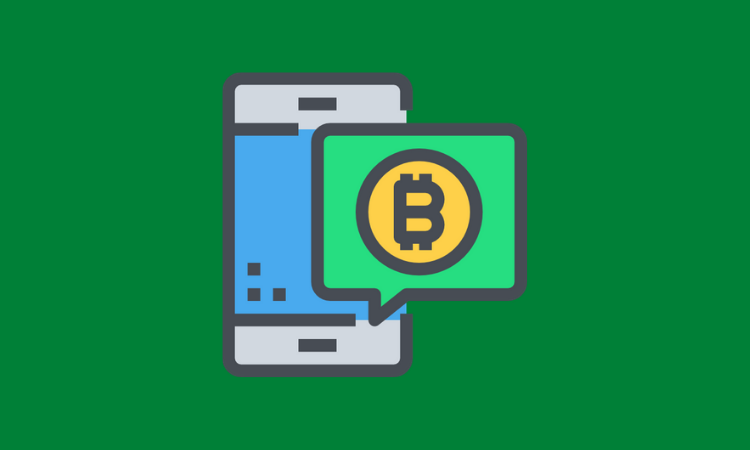Member Exclusive, New banks
Quontic is first bank to offer bitcoin rewards on debit card purchases
- Quontic Bank released a checking account that pays rewards in bitcoin.
- 20 percent of their consumers indicated that they would switch their checking account to one which rewards them in bitcoin








